I'm a lover of literature and truly believe in this quote, "To experience literature is to see the world through new eyes," by Adam Andrews author of Teaching the Classics from Institute for Excellence in Writing. In Teaching the Classics, Adam Andrews does for teaching literature what Andrew Pudewa did for teaching writing. Adam Andrews is a dynamic, enthusiastic teacher who easily transfers excitement about literature to you and your children. Here is the really cool part, Adam and his wife homeschool their 6 children! They currently live in Washington State where Adam is also a pastor.
This review product was one that I used myself. It is my hope that as my children get older and begin reading on their own that they will develop a love for literature and want to learn all they can from the amazing literary works of art.
Teaching the Classics is a six-session course broken down into 4 DVDs. There is also a corresponding workbook. The DVDs are very engaging and older students would probably enjoy watching the seminars along with you (my 6 and 7 year old though were not into them). You could technically cover the entire program in a couple days, however I took my time going through the program and actually watched/read many of the sessions twice. Because we were on the road a lot in May and June there were many times I read the workbook first and then went back and watched the sessions on the DVDs.
The Teaching the Classics program does an amazing job of preparing you to explore literature with your children. After you watch a session you are encouraged to practice what you have learned on another piece of literature. In the workbook there are discussion notes after each session to make sure you have grasped the literary analysis steps. To work through the discussion questions you will utilize snip-its from various stories like The Adventures of Tom Sawyer, Rikki-Tikki-Tavi and The Tale Of Peter Rabbit. Don't worry Teaching The Classics takes baby steps. You won't be tackling any full-length novels right away, though Teaching The Classics does use a few as examples throughout the program. You can utilize this methodology with picture books, historical readers, biographies, classics, poetry. movies, plays....anything that tells a story.
This program completely opened my eyes to the literary World and all that can be learned from it. By using short stories as the models and the Socratic approach as the method, Teaching the Classics will prepare you to teach character, plot, theme, and other elements of fiction and literary analysis. This program is useful for parents, teachers and children of all ages and abilities. This program does include distinctly Christian content.
Session breakdown:
-Introduction - This section introduces you to why literature is so important.
-Preparing for Literary Analysis - This session covers context and authorship. You will learn about authors and time period in which they wrote it. You will also learn about the five basic elements of stories. I love how in this section Adam compares writers to artists. You will also learn more about the Socratic method and list in this session.
-Plot and Conflict - This session covers in detail plot and conflict. There are several great examples broken down on story charts including the Iliad, Macbeth, Great Expectations and To Kill A Mockingbird. The examples are great for those of us that are very visual learners!
-Setting - This session covers the setting of the story. You will learn how understanding setting and how it relates to other elements of fiction allow you to enter the world of the story and become part of it.
-Character - In this session (my favorite session) learn about how characters make the story real and move us, attract us or repel us, give us food for though, challenge us and affect us.
-Theme - This session helps you discover the stories theme. You will learn the difference between theme, moral and subject.
-Practicum, Scope and Sequence - Now that you have completed all the lessons its time to put them to use with your children. Andrews recommends taking your child through each of the five elements of fiction using various children's books (remember baby steps). He includes some great recommendations and even a mini lesson plan (for older students) so you can be fully comfortable teaching literature to your children. Remember a love of reading is the ultimate goal of this approach to literature.
Also in this section are:
-Daily Lesson Plan - There is a simple A,B,C daily lesson plan recommendation. The schedule can be used with children of any age. It is not necessary to have a formal literature lesson everyday but rather mix it into the curriculum with informal reading for pleasure.
-The Story Chart - This fabulous tool is great for children to write notes and ideas on. The included page may be photocopies for modified to meet your families needs.
In the back of the workbook there are a few great items in the appendices that will greatly assist you with easily adding literature into your daily homeschool lives.
Appendix A - The Socratic List - Need some help with discussions? This list provides a series of 21 questions with sub-questions which will help you with sparking your children's imaginations. Think of it as a parent/teacher cheat sheet. This list includes questions regarding the story setting, conflict, time period, characters, main idea and more.
Appendix B - Reading Lists - There is a huge list of recommended books that the author loves. The list is broken down by grade levels: Stories For Young Children, Juvenile Fiction and High School Fiction. Many of these books I have heard of and several of my all time favorites are included....like Horton Hears A Who, Where The Wild Things Are, Sounder, Tales From Shakespeare, Watership Down and the Martian Chronicles. I will definitely be going through this list and utilizing many of these books this coming school year.
Appendix C - Some Important Literary Terms - I don't know about you but my 7 year old is always asking what words mean. I am sure once we start diving in and analyzing literature more this list will become very helpful. I am pretty sure she will have no clue what an exposition is and will need further clarification.
Due to our hectic summertime schedule I have not had a chance to put what I have learned into action with the kids. But putting the concepts I learned into action. We will first start with simple picture books or chapter books and then move onto more complicated literature books. Yes even though my children are only 6 and 7 they do have a love for books and will sit through inch thick ones.
Free resources:
| -TCW Sample.pdf |
-Center for Lit - there are lots of great freebies on the Andrews website Center for Lit. There are reading lists, story charts, curriculum guide and more.
Links to follow:
-Institute for Excellence In Writing Website-Institute for Excellence In Writing Facebook page
-Institute for Excellence In Writing Twitter
Where to buy:
Teaching the Classics DVD and Workbook come in a package and are $89.00. Right now through July 10th you can FREE shipping.


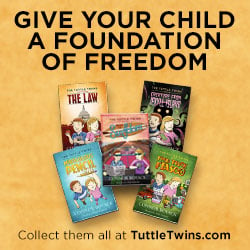
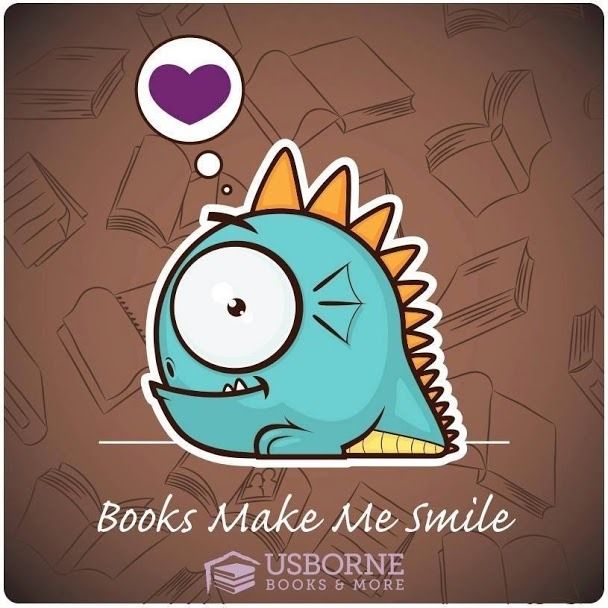


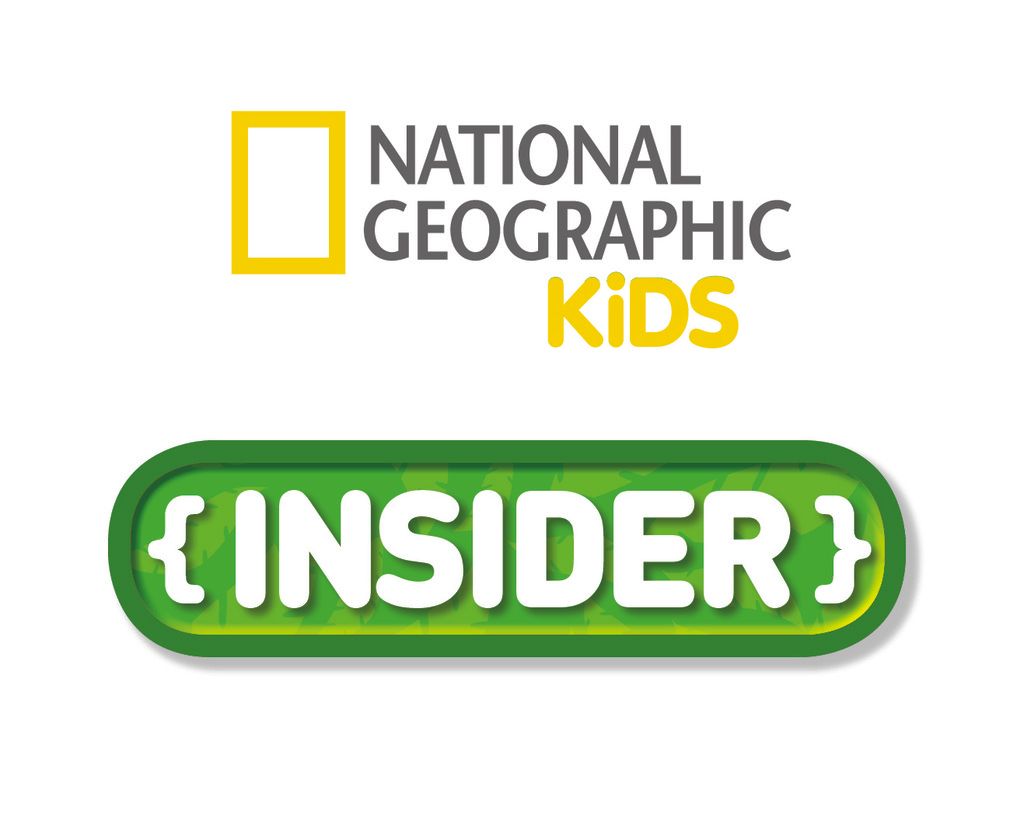
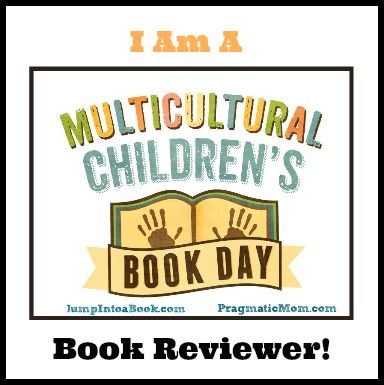




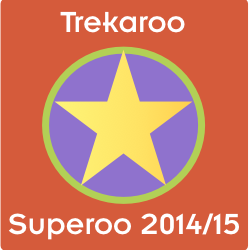







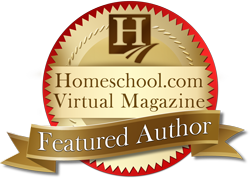
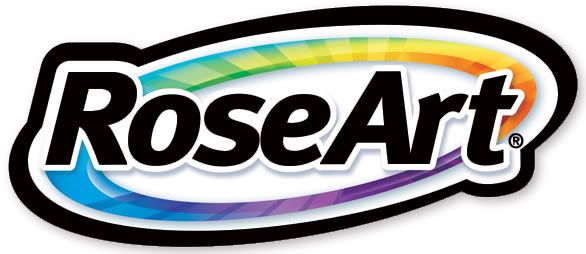
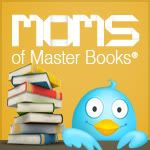


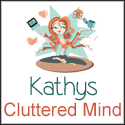
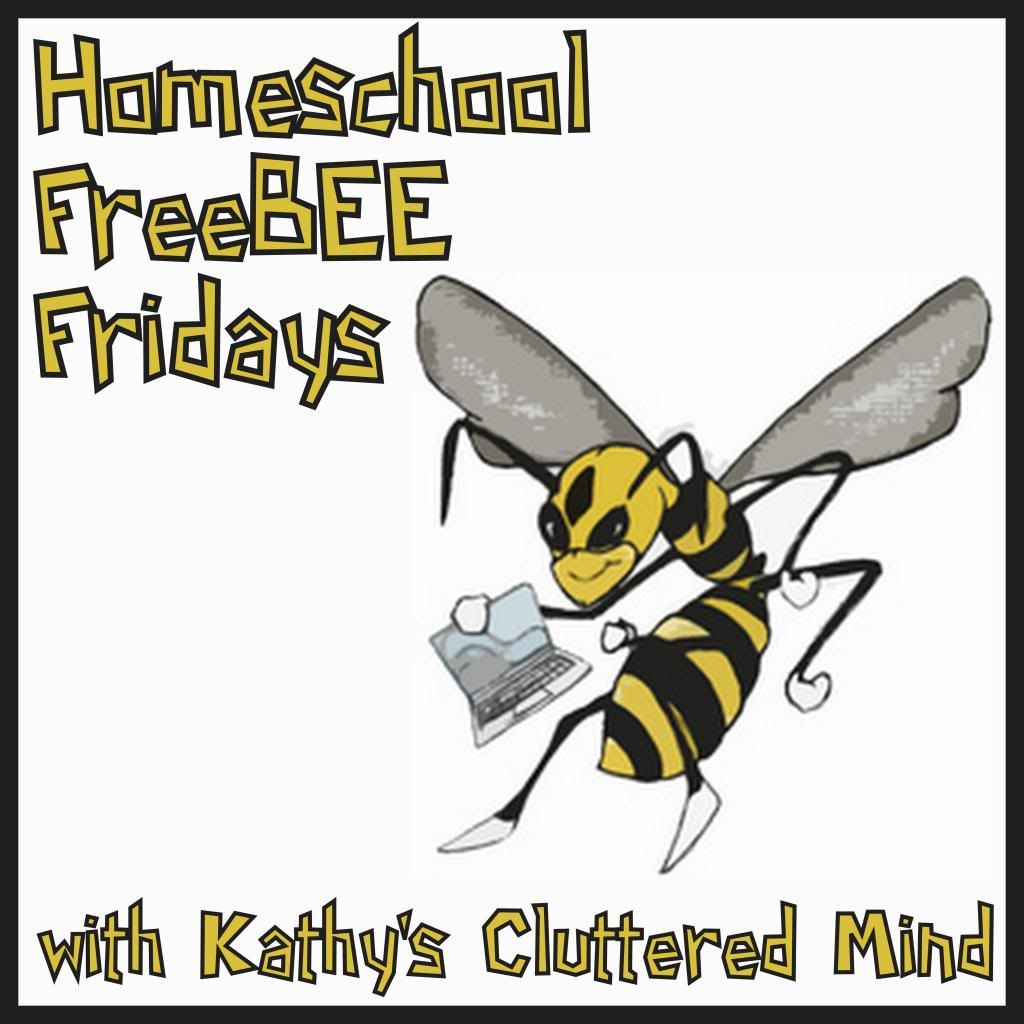



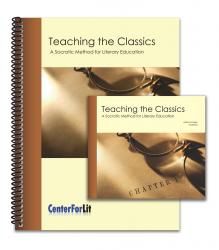











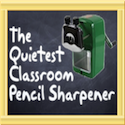
No comments:
Post a Comment
Thanks for stopping by! Please check the follow up box so you can receive my replies.